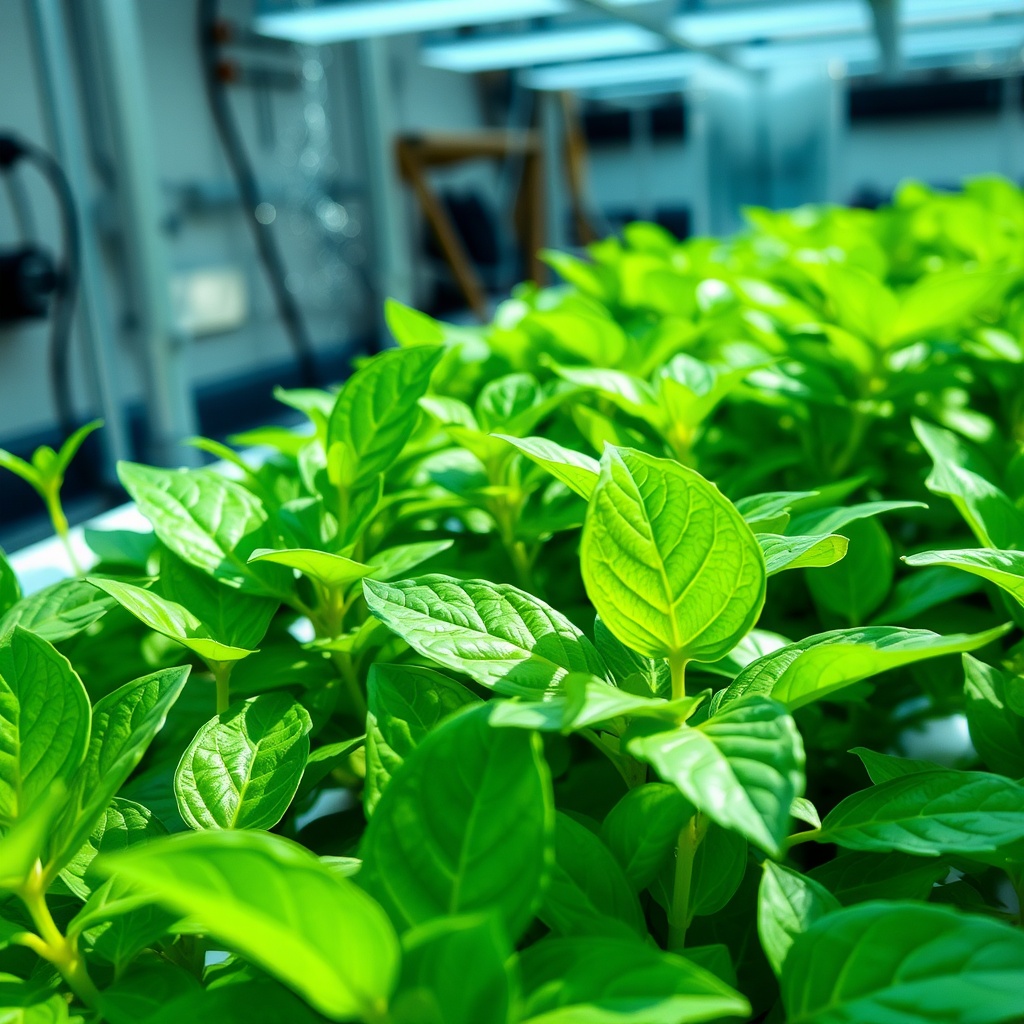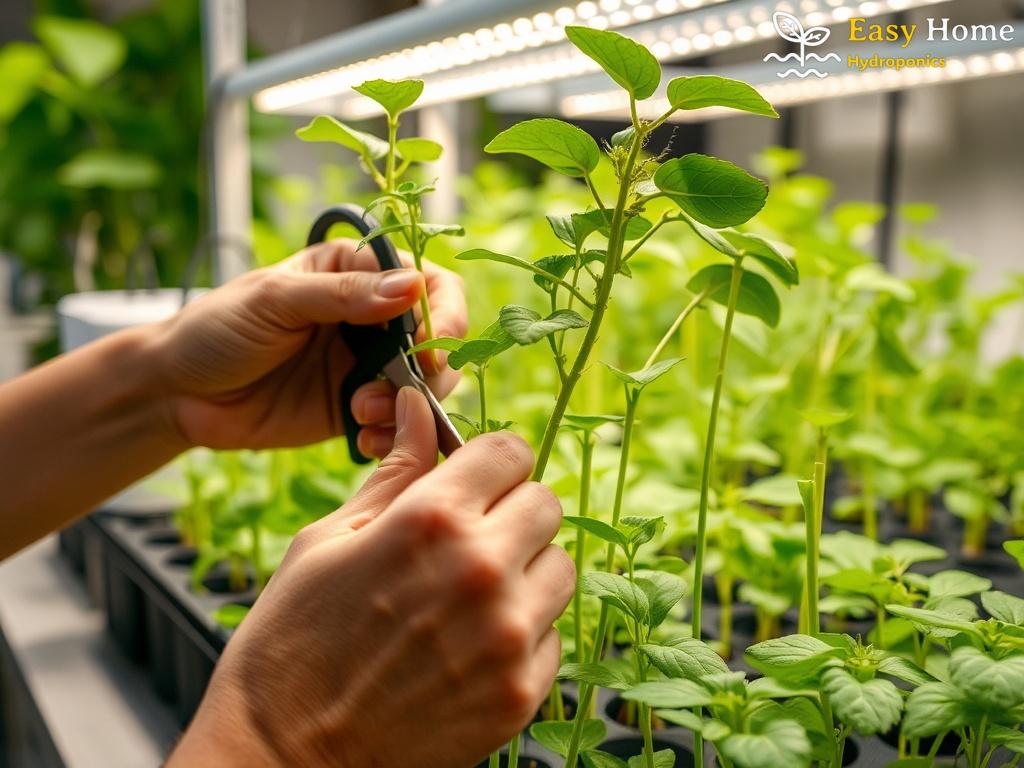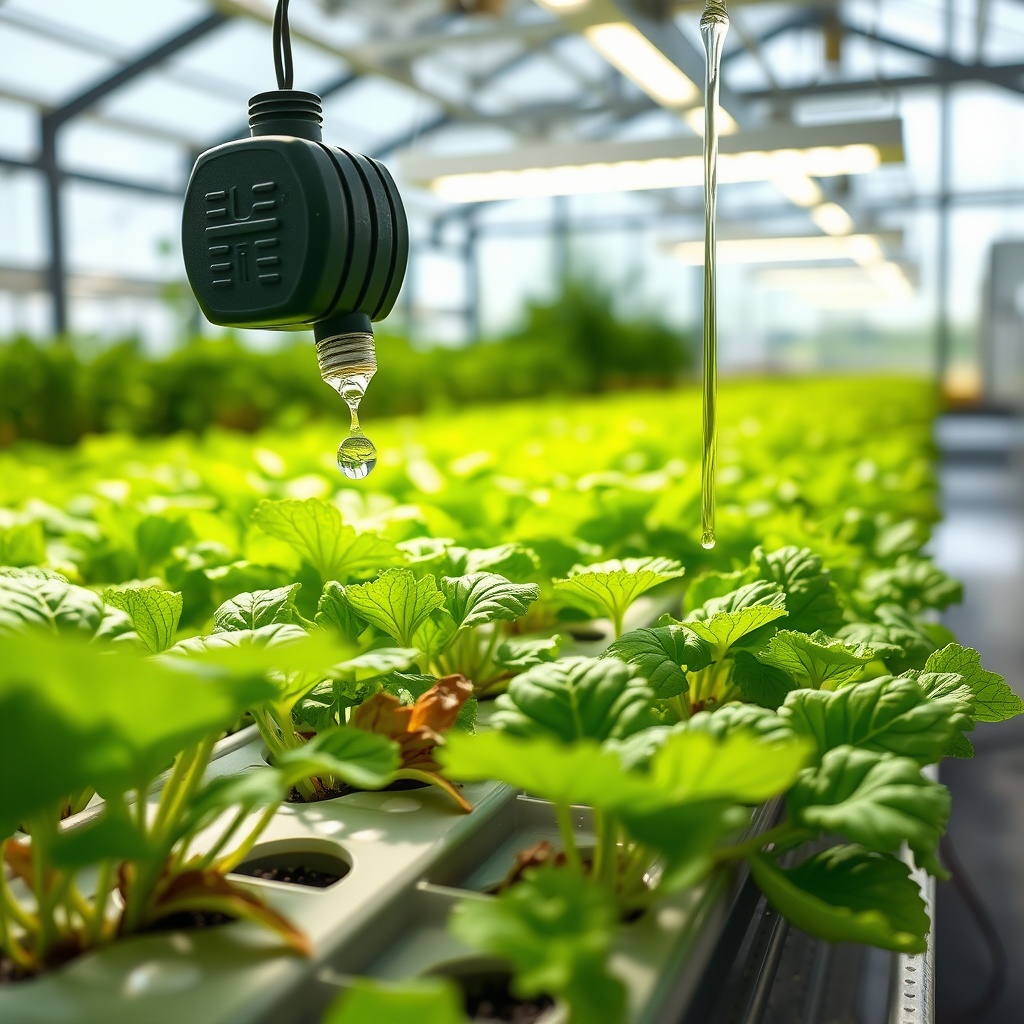Understanding Molybdenum’s Role in Hydroponic Systems
Molybdenum, a trace element often overlooked in the nutrient spectrum, plays a pivotal role in the growth and development of plants. In hydroponics, where plants are grown without soil, the balance of nutrients becomes even more critical. Molybdenum is essential for nitrogen fixation and the synthesis of important enzymes, making its presence crucial for optimal plant health and productivity.
When molybdenum levels are deficient, plants may exhibit a range of symptoms, including chlorosis, stunted growth, and poor fruit development. Understanding these symptoms is the first step toward addressing molybdenum deficiency effectively.
Identifying Symptoms and Addressing Deficiencies
Identifying molybdenum deficiency can be tricky, as the symptoms often mimic other nutrient deficiencies. However, keen observation can lead to effective diagnosis. Symptoms such as yellowing leaves, particularly in older foliage, and poor seed and fruit formation are telltale signs.
To address molybdenum deficiency in hydroponics, growers can employ the following strategies:
- Regular Nutrient Testing: Conduct routine tests of the nutrient solution to monitor molybdenum levels.
- Adjust Nutrient Formulations: Use hydroponic nutrient solutions that include molybdenum, such as ammonium molybdate.
- Foliar Applications: In cases of acute deficiency, a foliar spray of molybdenum can provide immediate relief.
- Monitor pH Levels: Ensure the pH levels of your system are optimal, as high pH can inhibit molybdenum uptake.
Innovations in Nutrient Management for Hydroponics
As hydroponics continues to evolve, so do the methods of nutrient management. Innovative technologies and practices are emerging to help growers maintain the delicate balance of nutrients, including molybdenum. One such advancement is the use of smart sensors that provide real-time data on nutrient levels, allowing for instant adjustments to be made.
Moreover, the integration of automated nutrient delivery systems ensures that plants receive the right amount of molybdenum at the right time, reducing the risk of deficiency. As the industry moves towards more sustainable practices, the adoption of organic nutrient sources rich in trace elements, including molybdenum, is also gaining traction.
By leveraging these innovations, hydroponic growers can not only solve molybdenum deficiency issues but also enhance the overall health and yield of their crops.




